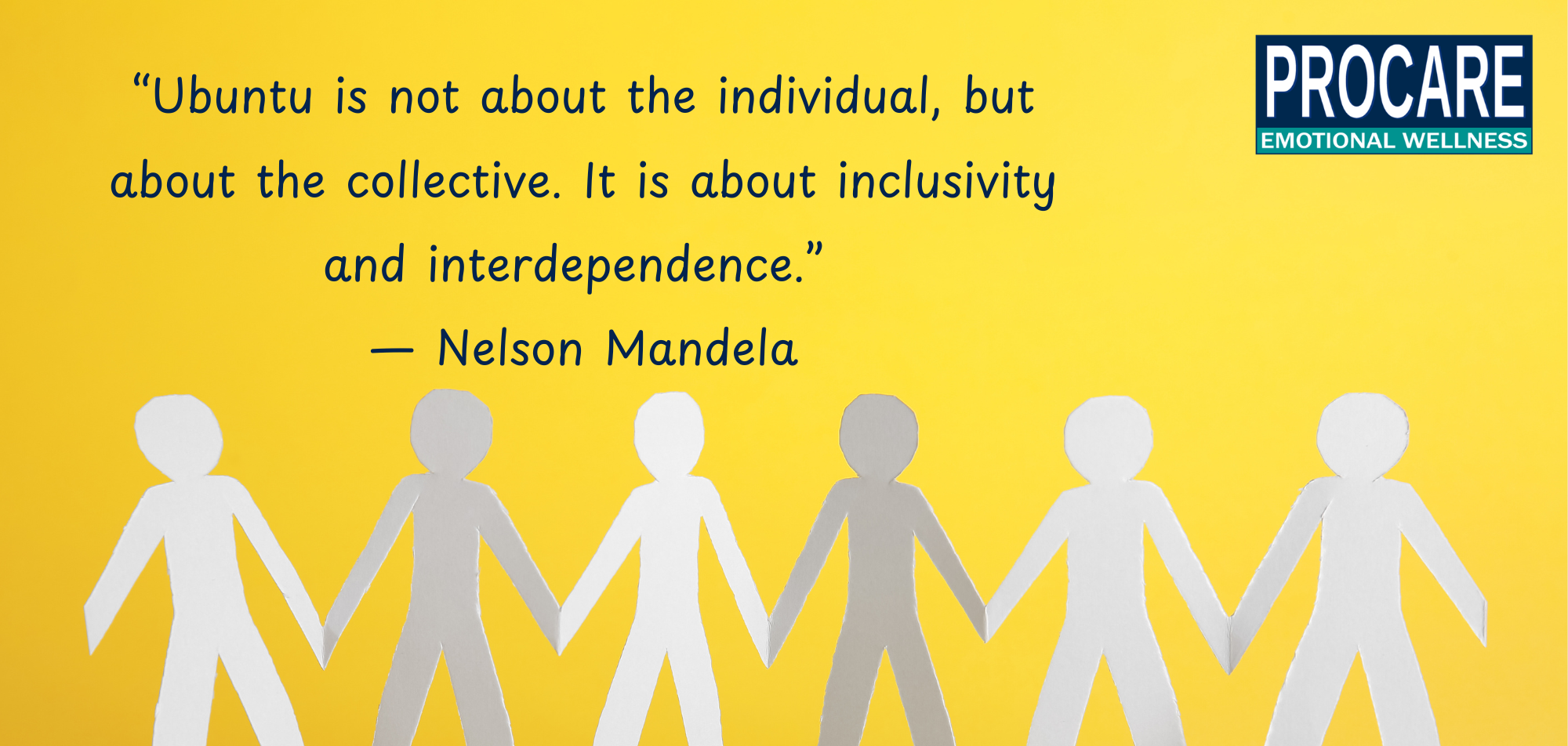How Family and Community Bring Balance
In today’s fast-paced world, where work, responsibilities, and digital distractions often take centre stage, it is easy to lose sight of what truly grounds us: our families and communities. In South Africa, where diversity and resilience shape our daily lives, the importance of connection cannot be overstated. A strong family and community network provides emotional support, stability, and a sense of belonging, all of which contribute to a balanced and fulfilling life.
The Role of Family in Creating Balance
Family serves as our first support system. From childhood to adulthood, the love, guidance, and encouragement we receive from family members shape our personal development and emotional well-being. A healthy family dynamic helps us navigate life’s challenges, reduces stress, and instils a sense of purpose. Research shows that individuals who maintain strong family bonds experience greater overall happiness, improved mental health, and stronger coping mechanisms in times of crisis.
In South Africa, families come in many forms, including extended family households, single-parent families, and multi-generational homes. Regardless of structure, the key factor is connection; regular communication, shared experiences, and mutual support strengthen relationships and promote emotional well-being.
Community: The Extended Family
While family plays a crucial role, community serves as an extension of that support system. In many South African cultures, neighbours, friends, and even colleagues often function as a second family, offering assistance and encouragement when needed. Whether it is through church groups, cultural organisations, or local initiatives, communities provide a sense of belonging and security.
Community involvement also enhances balance by fostering social responsibility and shared purpose. By contributing to the well-being of others (through mentorship, volunteer work, or simple acts of kindness_ individuals experience a greater sense of fulfilment and connection.
Ubuntu: The Power of Community and Connection
A fundamental concept that captures the essence of family and community in South Africa is Ubuntu. This African philosophy, often translated as "I am because we are," emphasises interconnectedness, compassion, and mutual support. It teaches that our well-being is tied to the well-being of those around us.
Ubuntu is deeply embedded in South African society. It is reflected in how people care for their neighbours, stand together in difficult times, and prioritise collective success over individual gain. By embracing Ubuntu in our daily lives, we reinforce stronger family bonds, more supportive communities, and a greater sense of balance.
Practical Ways to Strengthen Family and Community Bonds
Prioritise quality time – Set aside time for family meals, outings, or simple conversations to strengthen relationships.
Stay connected – Whether through phone calls, video chats, or in-person visits, maintaining regular contact with loved ones fosters deeper connections.
Engage in community activities – Join local initiatives, support small businesses, or volunteer to strengthen community ties.
Practice ubuntu daily – Show kindness, help those in need, and contribute to a culture of care and respect.
Encourage open communication – Healthy relationships thrive on honesty, active listening, and emotional support.
Balance in life is not just about managing work and personal responsibilities, it is about nurturing relationships that provide stability, love, and a sense of belonging. In South Africa, family and community remain the backbone of personal well-being, and the philosophy of Ubuntu reminds us that we are strongest when we uplift one another.
References and Further Reading
Graham, L., Patel, L., & Chowa, G. (2022). Social Capital and Community Development in South Africa: Strengthening Networks for Economic and Social Well-being. South African Journal of Social Work and Social Development, 34(2), 45-62.
Lutz, D. W. (2009). African Ubuntu Philosophy and Global Management. Journal of Business Ethics, 84(S3), 313–328.
Theron, L. C., & Van Rensburg, A. (2020). Resilient Families: Supporting Child and Adolescent Well-being in South Africa. Journal of Family Studies, 26(1), 78-95.
Van Breda, A. D. (2021). The Impact of Family Cohesion on Mental Health in South Africa. Journal of Psychology in Africa, 31(3), 215-229.
By fostering deeper connections within our families and communities, we can create a more balanced, resilient, and fulfilling life for ourselves and those around us.

